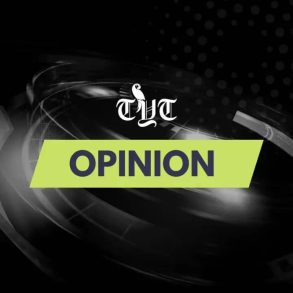Nigeria has recorded $10.7billion aggregate foreign exchange inflow into the economy in April and May, figures obtained from the Central Bank of Nigeria (CBN) have revealed.
The CBN disclosed this in its May economic report on foreign exchange flows through the economy which was released last week.
According to the report, the economy recorded a higher net foreign exchange inflow in May relative to the preceding month.
It stated: “Foreign exchange flow through the economy recorded a net inflow of $3.59bn, compared with $2.02bn in the preceding period.
“Aggregate foreign exchange inflow into the economy increased by 29.1 per cent to $6.03bn, from $4.67billion in the preceding month. However, foreign exchange outflow fell by 8.2 per cent to $2.44billion from $2.65billion in the preceding month.”
According to the CBN, foreign exchange inflows through the Bank decreased by 27.9 per cent to $1.70billion, from $2.36billion in April.
Outflow through the bank fell by 15.2 per cent to $2.03billion, from $2.39billion in April.
“As such, the CBN recorded a net outflow of $0.33billion, compared with a net outflow of $0.03billion in the preceding month,” the report said.
It added that autonomous inflow increased by 87.2 per cent to $4.33billion from $2.31billion in the preceding month.
Similarly, autonomous outflow increased to $0.41billion from $0.26billion in April.
Consequently, a net inflow of $3.92billion was recorded, compared with $2.05billion in April.
The Autonomous FX market according to FMDQ comprises recognized FX trading segments, including but not limited to the Inter-bank market, the I&E FX window and any such approved and recognised trading segment as may be defined.
Data from the economic report of the CBN showed that net FX inflow of US$3.92 billion was recorded in the autonomous market, compared with US$2.05 billion in April.
The Autonomous FX market according to FMDQ comprises recognized FX trading segments, including but not limited to the Inter-bank market, the I&E FX window and any such approved and recognised trading segment as may be defined.
According to the report, autonomous inflow increased by 87.2 per cent to $4.33 billion in the month under review from $2.31 billion in the preceding month. Similarly, autonomous outflow increased to $0.41 billion from $0.26 billion in April.
Muda Yusuf, director/chief executive officer of the Centre for the Promotion of Private Enterprise, said autonomous inflows come outside the government’s earnings of FX. It comes from private sources unlike remittances that come from oil, being Nigeria’s major source of FX.






